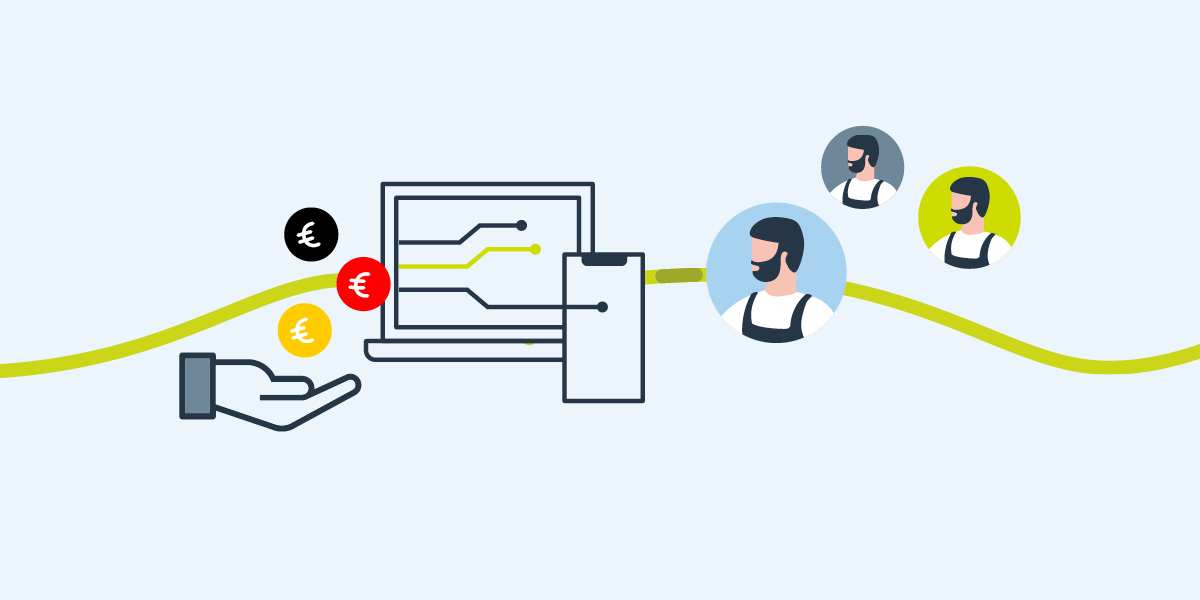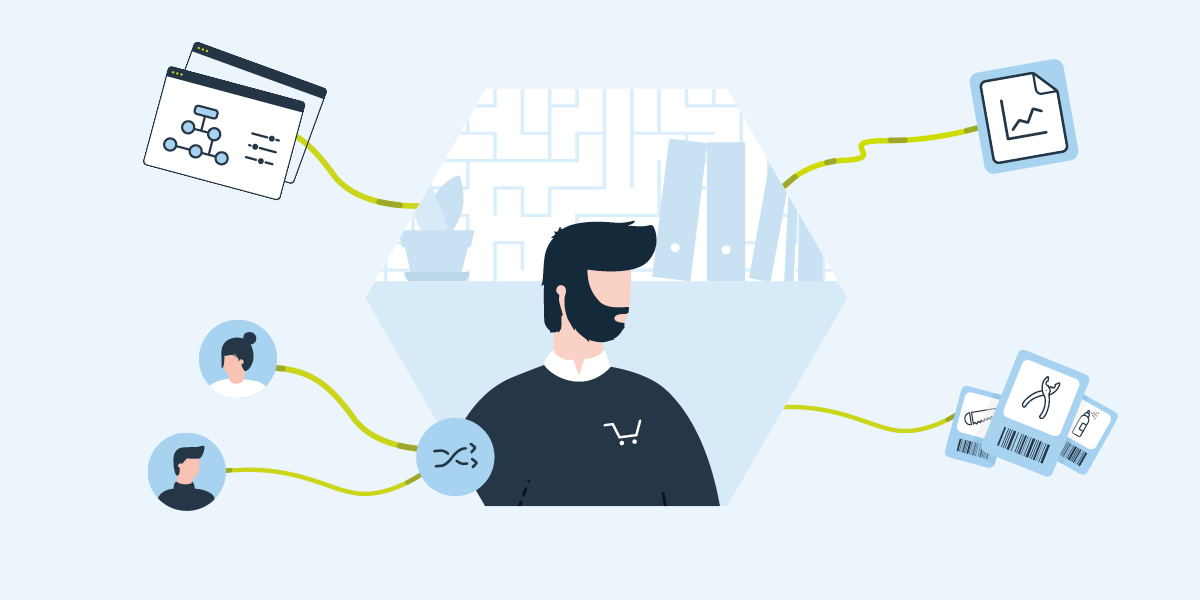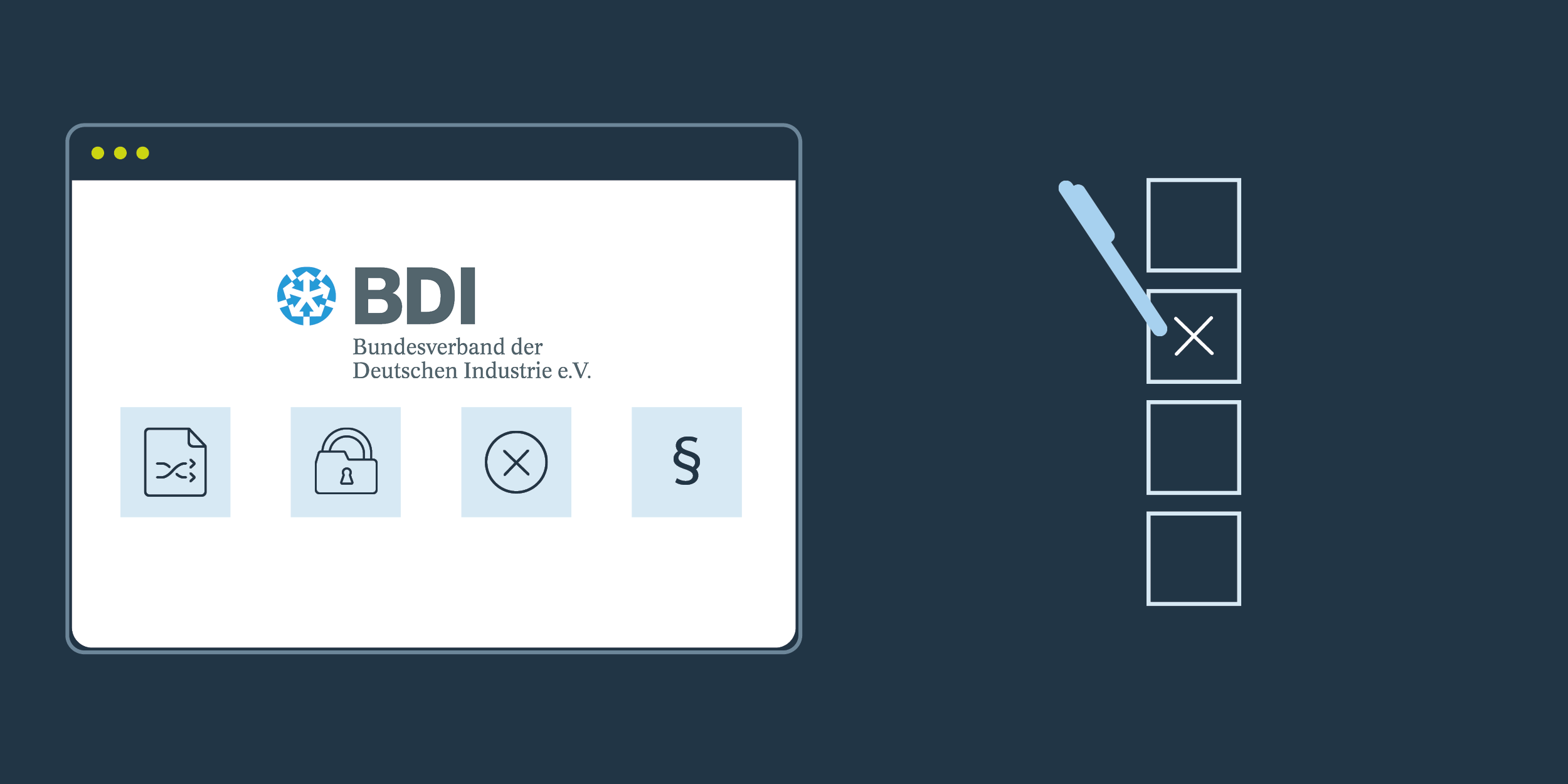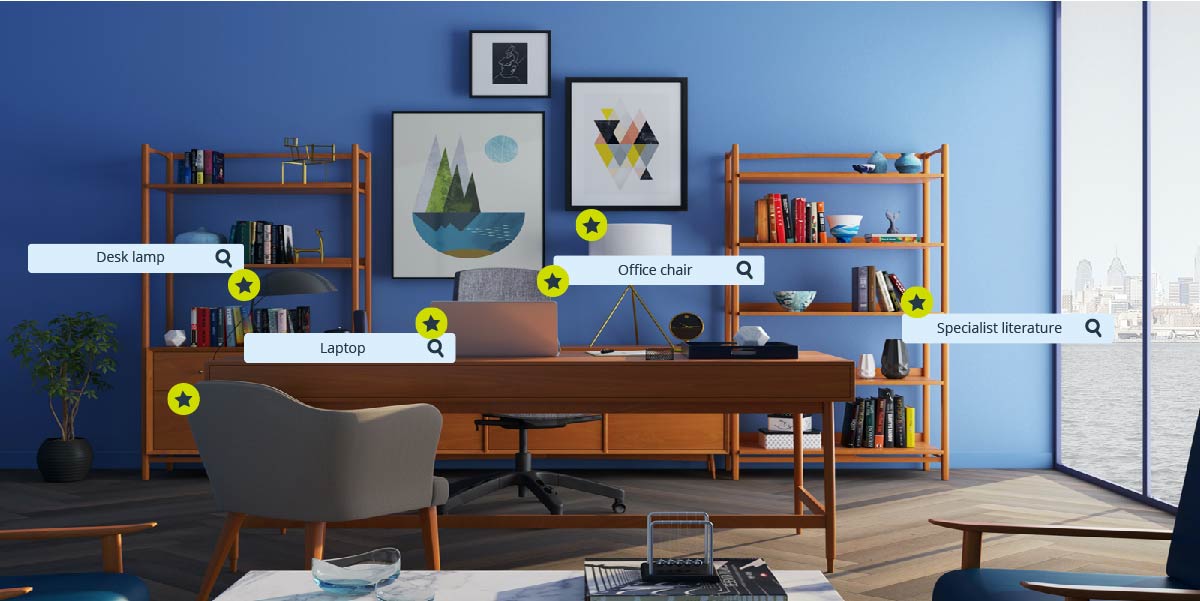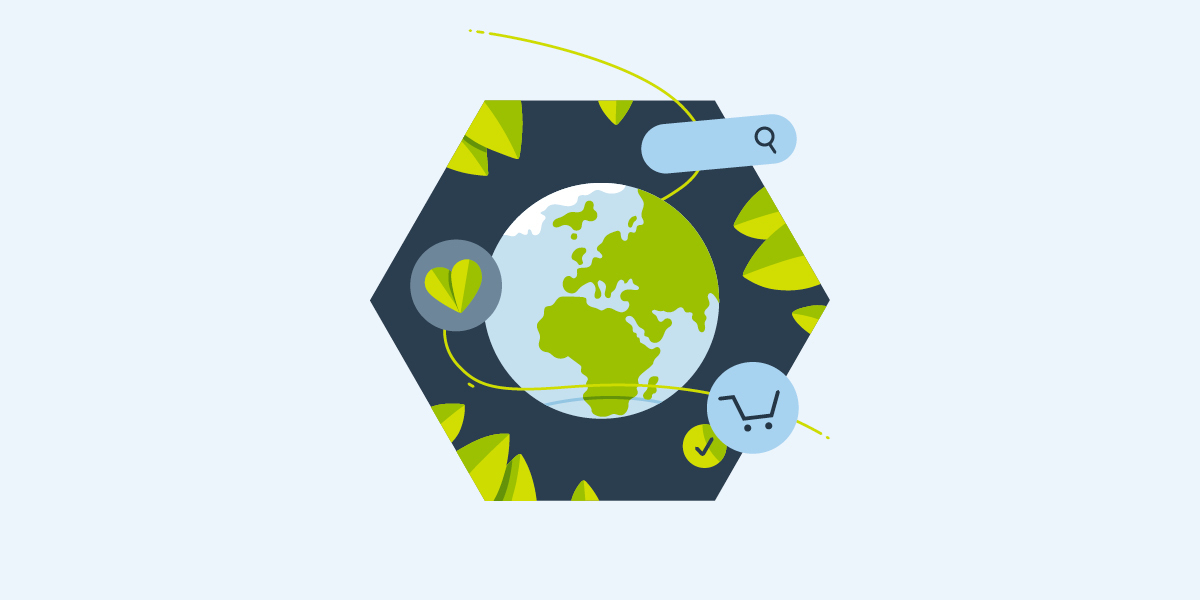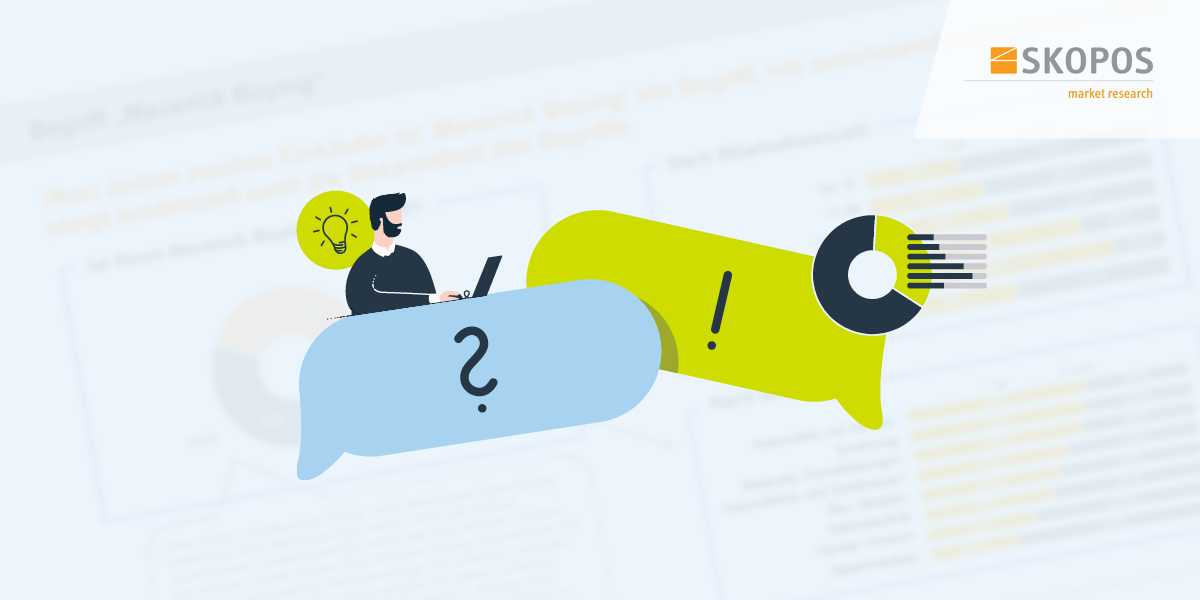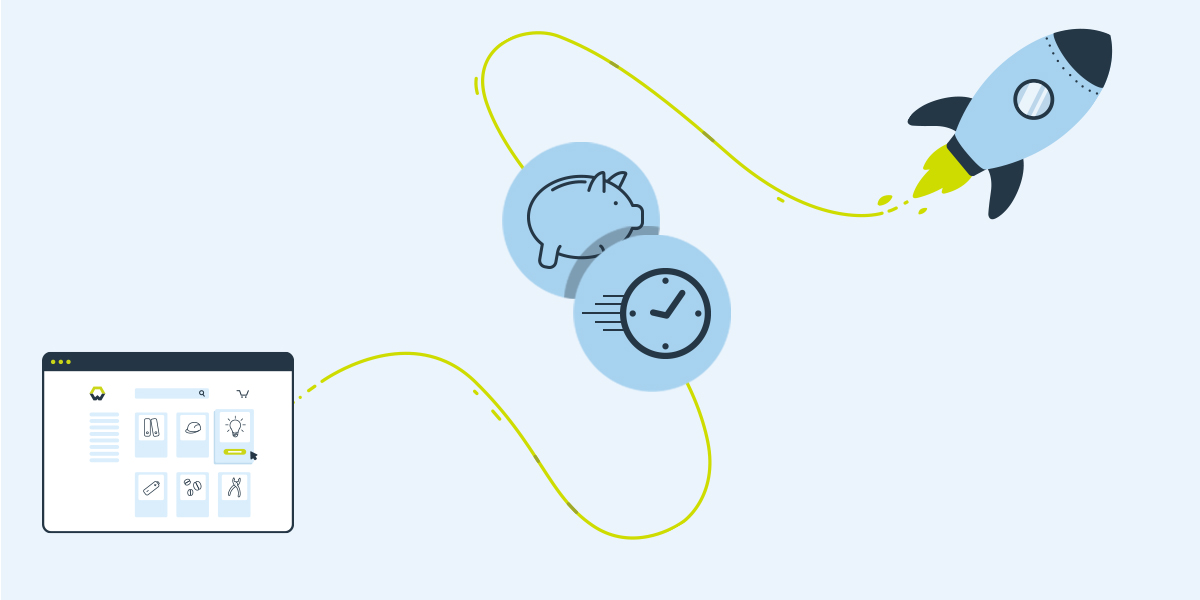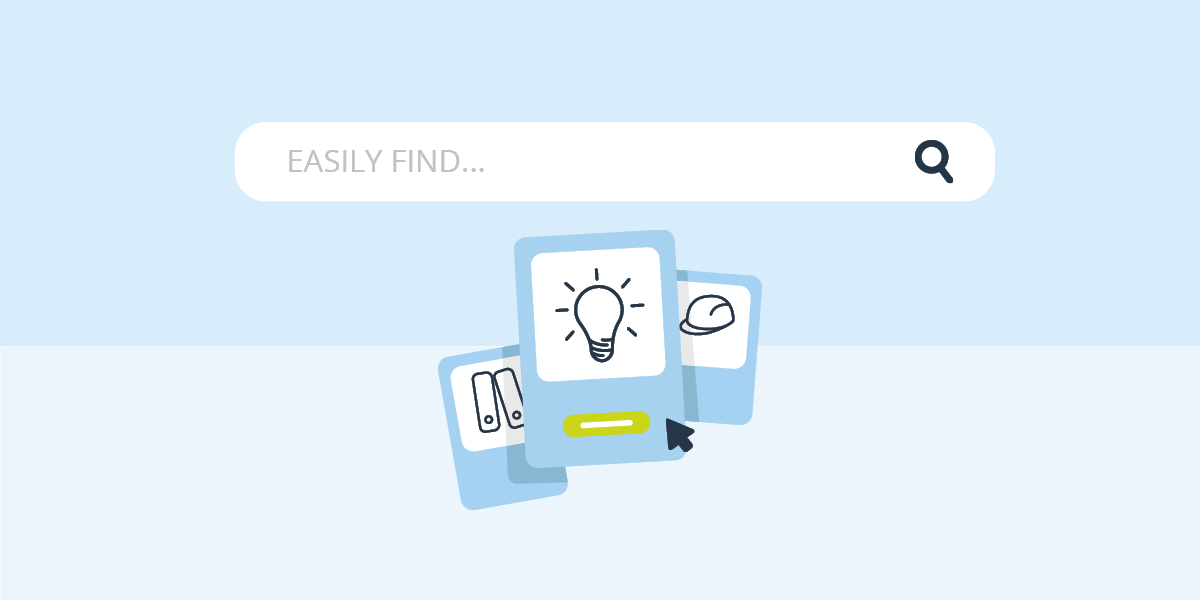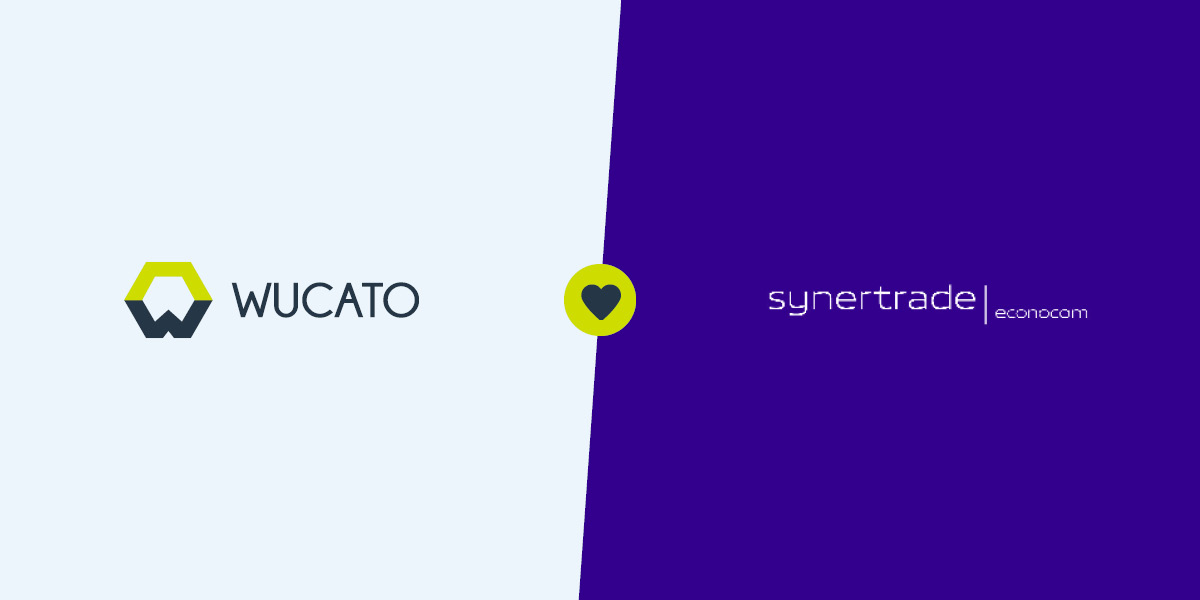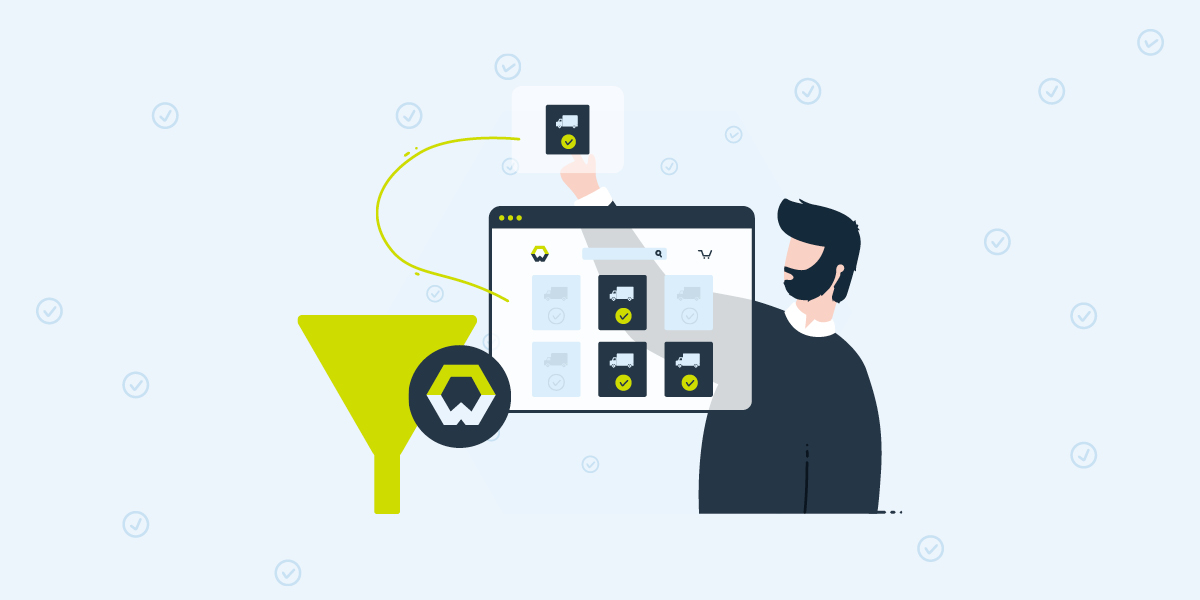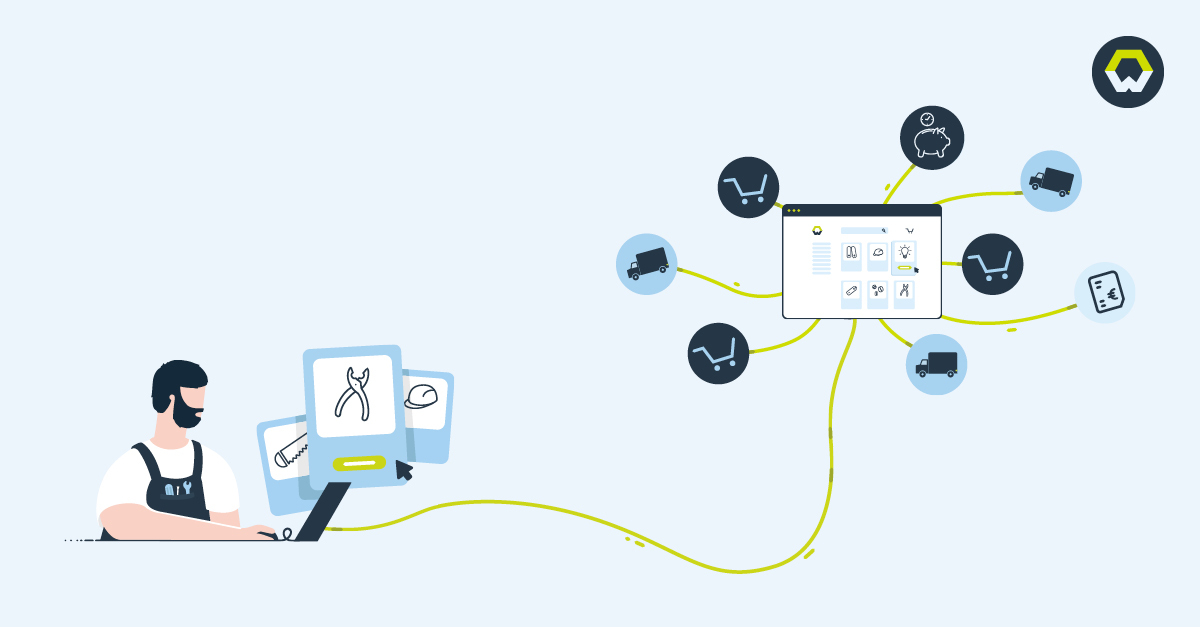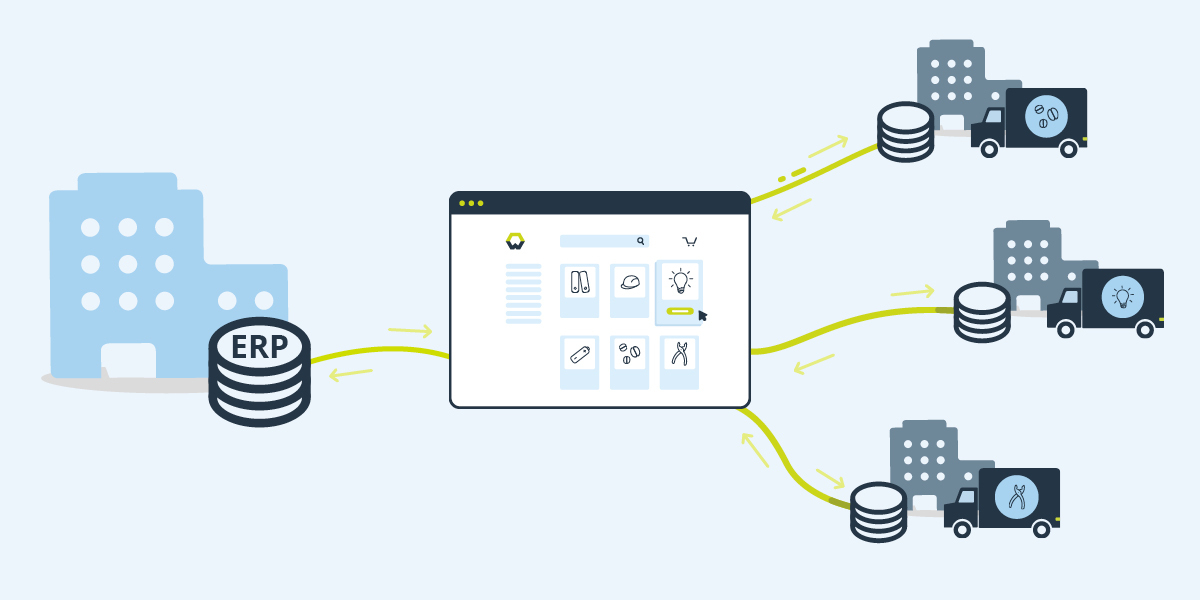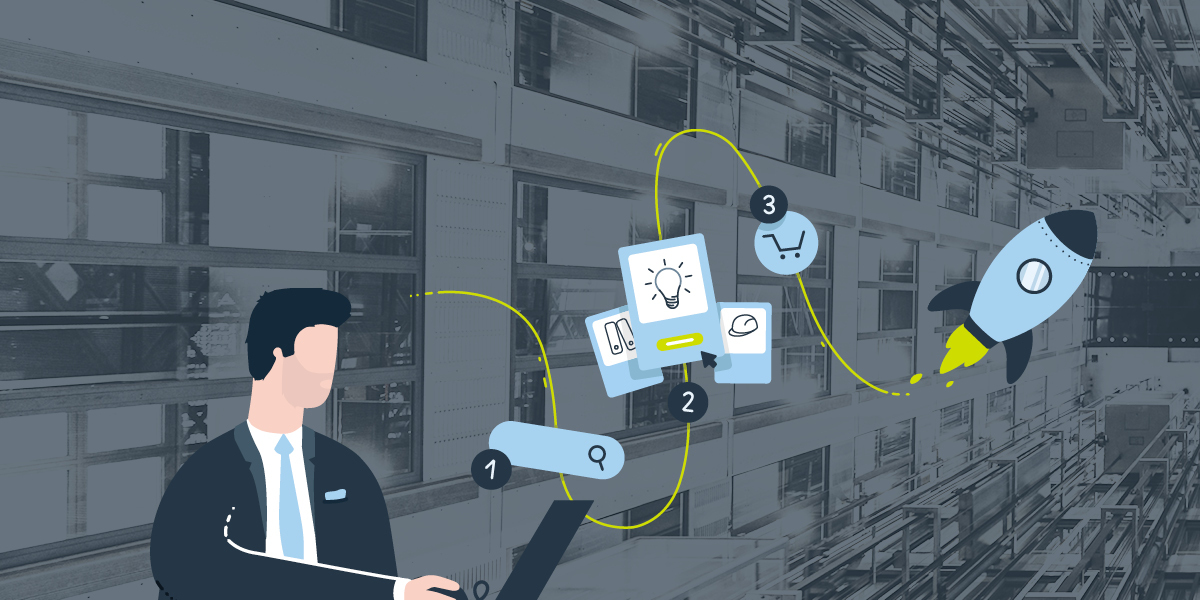Procurement of the future: highly efficient and automated
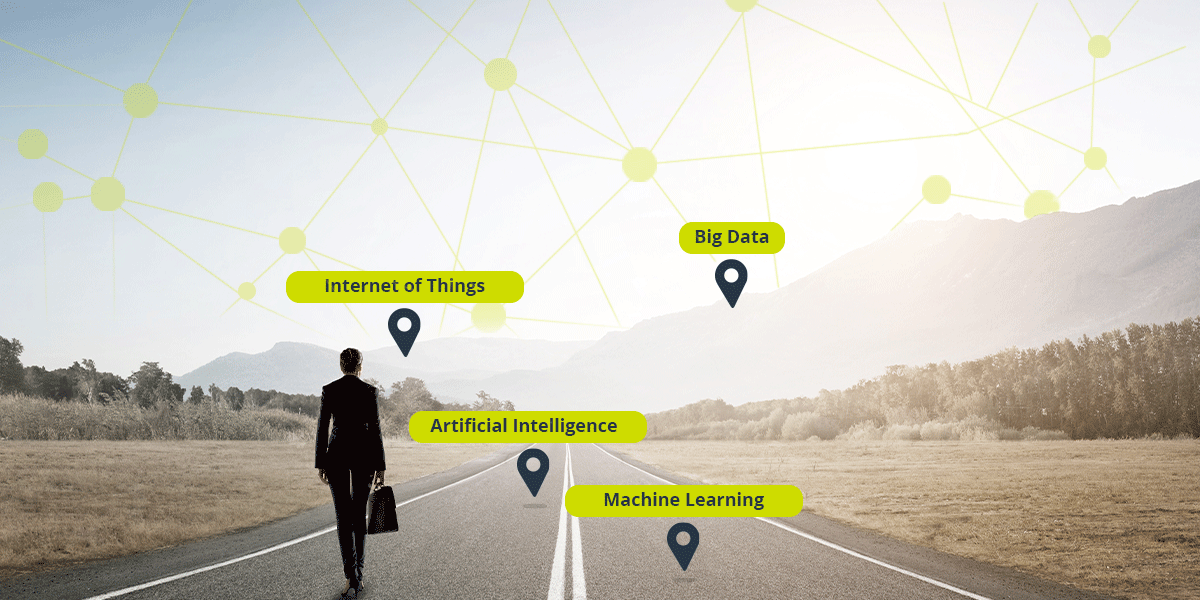
Issues such as the Internet of Things (IoT), big data and automation are playing an increasingly important role in procurement, too. Automation, in particular, offers considerable potential for greater efficiency in procurement. What is important, however, is to get started in the first place – with an initial solution and at a pace that suits the company.
According to a recent study conducted by the German Federal Association for Supply Chain Management, Procurement and Logistics (BME), more than half of those surveyed (55%) expect big data to play an increasingly important role in procurement and to be an absolute prerequisite on the market by 2025. Employees who know how to analyze and interpret the large volumes of data that are generated in companies and in procurement on a daily basis can, for example, make their procurement activities smarter and more efficient. Although implementing concepts like IoT and Big Data Analytics in strategic procurement often appears to be a very complex and difficult process, it doesn’t have to be as hard as a procurement department might imagine. As is so often the case, taking the first step is key.
IoT in production offers potential approaches for procurement
The example of Industry 4.0 illustrates further areas of application for procurement: smart machines communicate with each other and calculate how long they need for a job, for example,
or how much material they need to finish it. If they are networked with the company's ERP software at the same time, procurement also benefits: for example, in the form of smart warehouse systems that automatically reorder materials as soon as stock levels fall below a predefined limit. The smart networked systems can also keep procurement up-to-date on the current production status, RFID tags provide information about where produced components are currently located, and sensors monitor factors such as temperature, humidity and vibrations while parts or materials are being transported.
Procurement 4.0
These are all good starting points for procurement to live up to its role as a "strategic optimizer" and to promote innovation within the company. The catchphrase "Purchasing 4.0" is often associated with terms such as AI or machine learning – highly complex concepts that are often just as complex to implement. But in actual fact, digitalizing and automating procurement doesn't have to be complicated at all: there are already a number of sub-areas that can be digitalized and partially automated quickly and easily thanks to innovative and intuitive solutions.
Using a digital procurement platform to optimize procurement
Digital procurement platforms such as Wucato are a low-threshold entry point for strategic and operational procurement and serve to increase the level of automation in a purchasing environment: in addition to requisition templates and a subscription function that automatically triggers scheduled orders for recurring requirements, the platform offers automated approval workflows in which an order obtains the necessary approvals, one after the other, before it is sent off. Supplier relationships can also be integrated, consolidated and digitalized – including existing contracts. This saves time and resources. If companies opt for system integration of the platform via a corresponding interface, they also benefit from automated data exchange between procurement and other departments. Wucato's buyer dashboard, for example, provides an introduction to big data analytics, allowing all key figures to be evaluated quickly and easily at the click of a button. And Wucato allows parts and work resources to be reordered easily using a scanner: the device uses software to transfer the products scanned directly to your shopping basket.
Digitalizing procurement with Wucato
A digital procurement platform is an innovative and intuitive solution for companies to digitalize their purchasing activities without being confused by highly complex concepts. This not only allows internal procurement processes that would otherwise have to be handled manually to be automated. Thanks to various options for system integration, other departments and areas also benefit from more efficient and smart processes in procurement – allowing procurement to live up to its role as a "strategic optimizer".
More articles from the category "B2B Markt"
